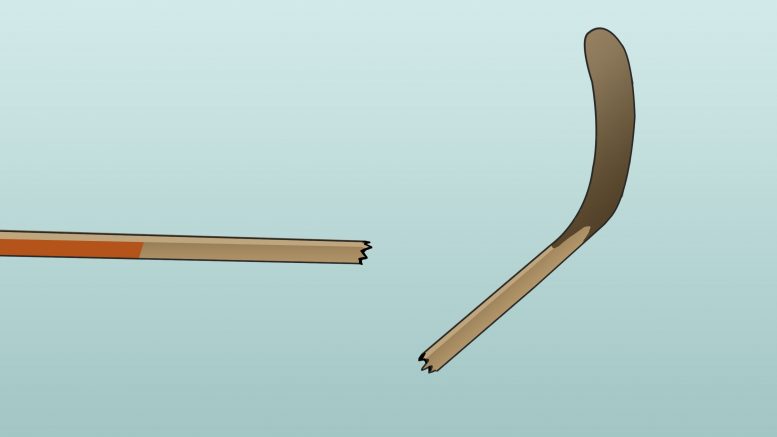Waves are being made in the world of women’s hockey this year, as the U.S. women’s national team has decided to boycott the upcoming World Championship due to stalled negotiations with their country’s governing hockey body.
The central issues of the dispute seem to be unfair wages paid to the players, as well as the level of support the highly successful program receives from USA Hockey. Current reports put the monthly wage paid to these players at just US$1,000 each. They also have the expectation that they will keep at peak physical levels while travelling, and supporting themselves.
“We are asking for a living wage,” U.S. captain Meghan Duggan said in an interview with ESPN. “And for USA Hockey to fully support its programs for women and girls and stop treating us like an afterthought.”
A few hours after the boycott became public, USA Hockey responded with a statement that expressed disappointment with the boycott threat. The statement went on to mention that, in preparation for the 2018 Olympics, the organization provided stipends and medal incentives which totalled around US$85,000 per player, along with housing allowances, travel allowances, meal expenses and insurance to players.
USA Hockey then set a firm deadline of March 16 for the players to rescind the boycott and report for camp; otherwise they would try and pull a team together last minute to defend the title earned in 2016.
“Good luck getting a suitable No. 1 competition to represent our country on the world stage,” U.S. star Hilary Knight said of the ultimatum. “I kind of dare them.”
The deadline passed, but the players did not budge.
USA Hockey issued another update Friday afternoon, appearing to show outrageous demands from the players. They claimed that the women’s team was asking for a new deal that would cost US$8 million during an Olympic year and US$5.7 million every other year. This would total around US$149,000 per player in a non-Olympic season, and balloon to US$237,000 if the team were to win Olympic gold.
The team later released a statement, calling USA Hockey out for not distinguishing between money they provide and the U.S. Olympic Committee does. They also note that USA Hockey only provides support for the six-months surrounding the Olympics, and nothing for the remaining three years where the players are expected to remain competitive.
“There’s a reason why we haven’t won [an Olympic] gold medal in 20 years,” Knight told the Associated Press “They need to step up. Who does USA hockey aspire to be?”
If the team does not report, and USA Hockey can’t field a new team in time, it will represent a significant blow to the program. The tournament, which is set to begin in Plymouth, Michigan on March 31, is meant to be a title defence for the program. The U.S. Women’s National team has won gold at seven of the last 17 tournaments.
A no-show or a subpar replacement will surely set the stage for Canada to reclaim gold, perhaps finally against a non-North American opponent. Canada has won 10 gold medals in the 17 tournaments, with every single final in the tournament’s history being played between the U.S. and Canada.
Perhaps this will be the year where Finland will meet the Canadians in the final, after winning 11 bronze medals in 17 tries.



